Foley event discusses COVID-19 vaccine issues
Accessibility, community outreach are concerns for handling vaccine misinformation; many worried about allergies, long-term side effects from vaccine
Bob Lutz, member of the Washington State Department of Health, said public health officials can reach out to skeptical communities by connecting with trusted allies of those communities to communicate correct and crucial information about the COVID-19 vaccine.
February 10, 2021
WSU’s Foley Institute hosted a virtual meeting Tuesday to discuss the technology and misinformation surrounding the COVID-19 vaccine.
There are three major types of vaccines, said Dr. Bob Lutz, member of the Washington State Department of Health. There is a protein-based vaccine, an mRNA vaccine and a viral vector.
The mRNA vaccine technology has been around for a very long time, but this is the first vaccine of its kind to be produced, he said. It is also the main COVID-19 vaccine, which is produced by Moderna and Pfizer.
Lutz said this type of vaccine allows the body’s own mRNA in the cell to create proteins against the virus.
“The vaccine stimulates your immune system to make proteins and destroy the spike protein,” he said.
Johnson & Johnson has filed the authorization paperwork for emergency use of its vaccine, Lutz said. It is called an adenovirus vaccine or a viral vector.
The adenovirus is a common cold or flu strain that is injected with the genetic material of the COVID-19 virus, he said.
“We are using one virus to get the genetic material of another virus into your body,” Lutz said. “It is like a Trojan horse.”
One of the biggest concerns right now are the mutated variations of the COVID-19 virus. Lutz said people need to keep COVID-19 cases as low as possible to prepare for when those variants arrive in Whitman County.
Lutz said epidemiological tracking shows there is a decrease in COVID-19 cases during the winter surge.
Washington state may be able to get to Phase 3 by June or July, he said. When the Johnson & Johnson vaccine is approved, it will be a game-changer.
After vaccine priority guidelines were submitted by the Advisory Committee on Immunization Practices and the National Academy of Medicine, states and counties had to determine which populations of people should receive the vaccine first, he said.
They determined vulnerable populations would receive the vaccine first. Lutz said people with pre-existing conditions in those groups have top priority.
“There is a direct association between the number of health conditions makes you more susceptible to being hospitalized,” he said.
Lutz said a big concern is making sure to reach all communities. The Washington State Department of Health reached out to many members of different communities and found the main concern is allergies and long-term side effects from the vaccine.
The anti-vaccine movement is also a concern, he said.
Another issue is accessibility, said Amber Lenhart, health policy specialist at Spokane Regional Health District.
Lenhart said access to the internet, transportation and safety are all concerns for vaccine accessibility.
“We are trying to address the barriers by making vaccines available at community clinics and grocery stores,” she said.
There are many different factors that go into people getting a vaccine, but social norms play a large role, she said.
People may feel pressured by society, but also see it as a moral obligation to keep people safe, Lenhart said.
Lutz said public health officials can reach out to skeptical communities by connecting with trusted allies of those communities to communicate correct and crucial information about the COVID-19 vaccine.

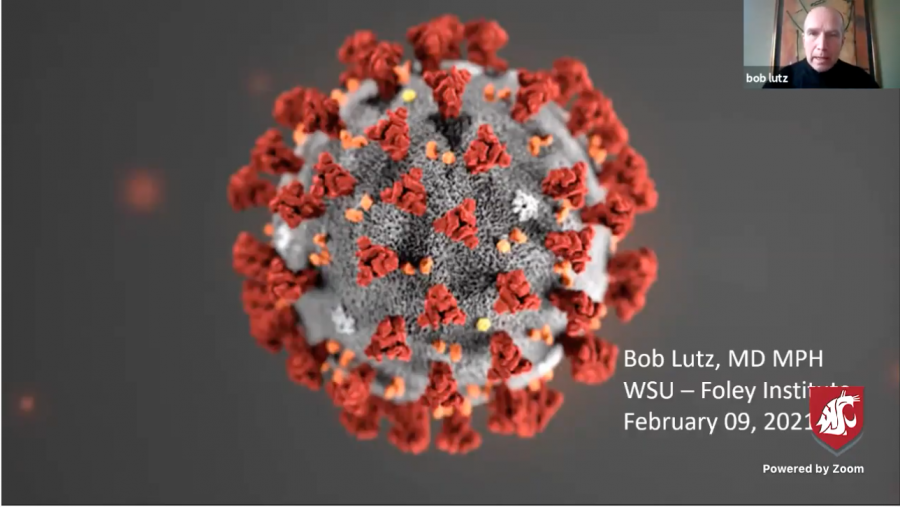





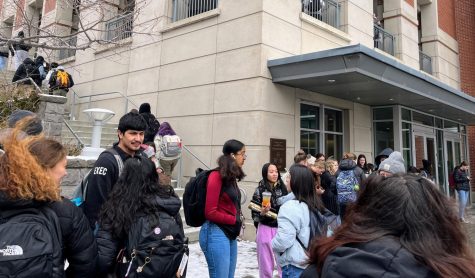
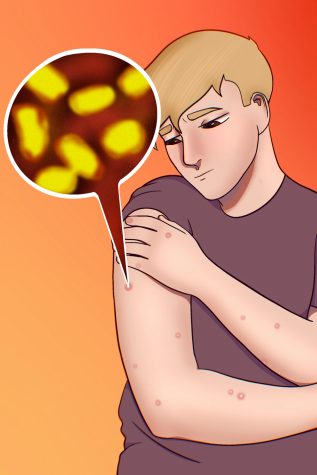
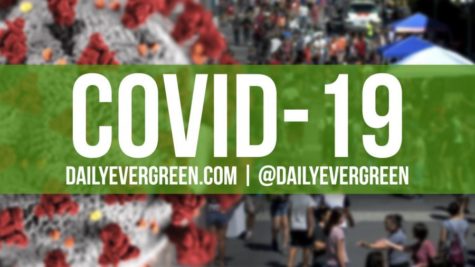

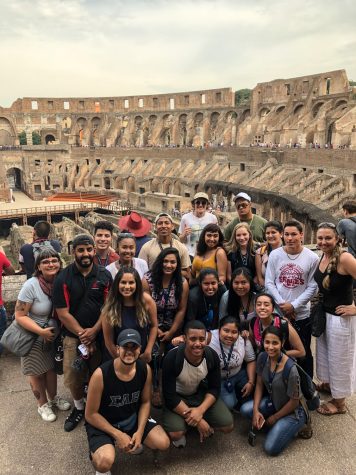


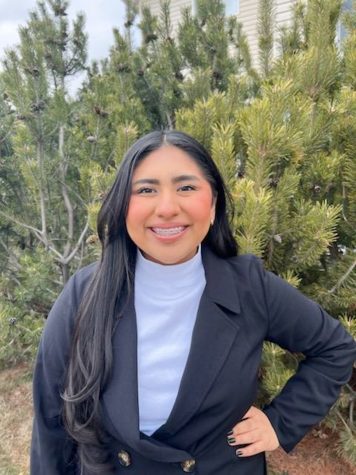




Amber Lenhart • Feb 10, 2021 at 4:23 pm
Thank you for this great article! I am no longer policy specialist at the Spokane regional health district as cited in the article above (as of 11/2020) and do not know how to contact the writer so please know I have an updated affiliation. Thanks again.